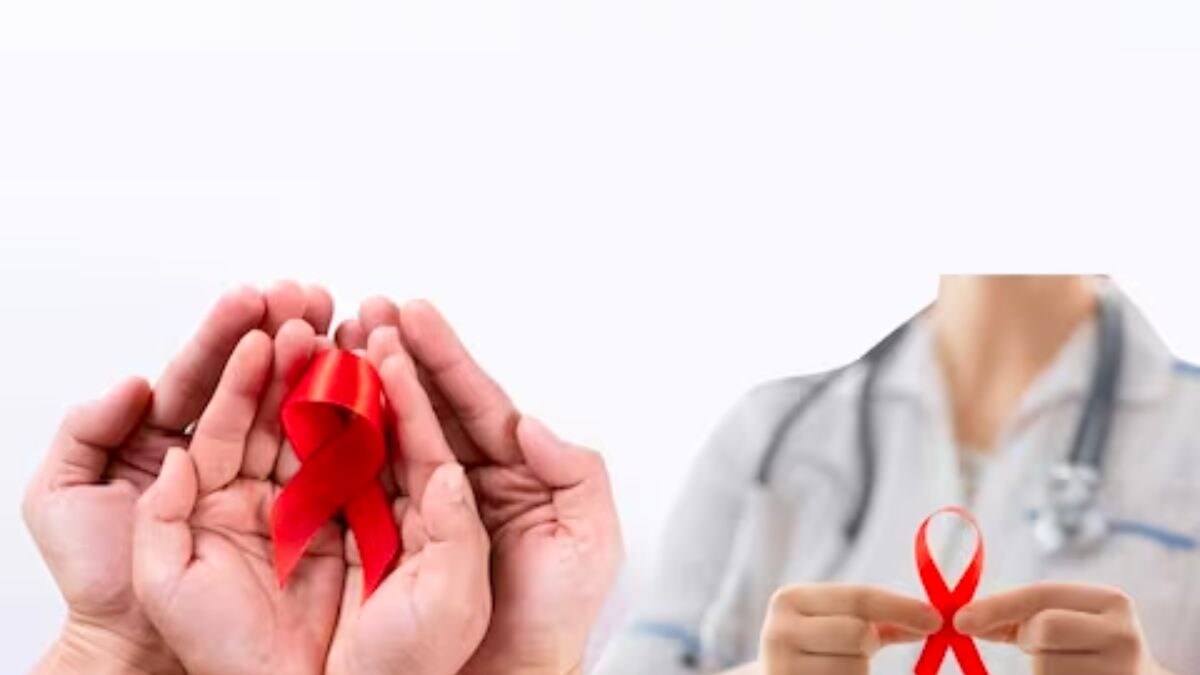World AIDS Day 2023: A Look At Its Symptoms And Prevention

This day is an opportunity for people to show support to AIDS patients.
World AIDS Day brings attention to the ongoing challenges posed by HIV/AIDS and mobilises support for related issues.
World AIDS Day is observed on December 1 every year. This day is dedicated to raising awareness about Acquired Immune Deficiency Syndrome (AIDS), which is caused by the spread of Human Immunodeficiency Virus (HIV) infection. It is an opportunity for people worldwide to unite, learn, and show support for those living with HIV infection or those who have died from AIDS-related illnesses and advocate for increased efforts to prevent new infections. Today, let’s take a look at the various symptoms and ways to prevent this deadly disease.
Symptoms:
There are several symptoms of HIV, and not everyone has similar symptoms. The symptoms a person faces depend on their immune system and the stage of the disease they are in. Some common symptoms include fever, chills, rashes, muscle aches, sore throats, and mouth ulcers. Other symptoms also include hairy leukoplakia on the tongue, diarrhoea, weight loss, oral yeast infection, and pneumonia. These symptoms may persist for many days or for several weeks. Some people also do not have any symptoms during the early stages of HIV.
Prevention:
According to the World Health Organisation (WHO), HIV is spread through unprotected sex, contact with the blood of an infected person, infected mother’s milk, pre-seminal fluid, rectal fluid, and vaginal fluid. To avoid this, one should always practise safe sex (condoms and other barrier methods), test for HIV at regular intervals, and avoid any contact with the blood of an infected person. One can use strategies such as abstinence (not having sex), never sharing needles, and using condoms the right way every time they have sex. One may also be able to take advantage of HIV prevention medicines such as pre-exposure prophylaxis (PrEP) and post-exposure prophylaxis (PEP).
World AIDS Day brings attention to the ongoing challenges posed by HIV/AIDS and mobilises support for related issues. On this day, individuals learn about HIV transmission, prevention, testing, treatment, and the stigma and discrimination experienced by persons who are infected.
WHO declared World AIDS Day to be an official worldwide health commemoration in 1988. The day was established to provide a platform for governments, organisations, and individuals to raise awareness and take action against HIV/AIDS.

Atul Tiwari is a seasoned journalist at Mumbai Times, specializing in city news, culture, and human-interest stories. With a knack for uncovering compelling narratives, Atul brings Mumbai’s vibrant spirit to life through his writing.





